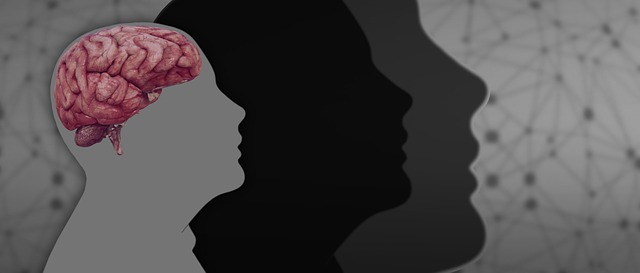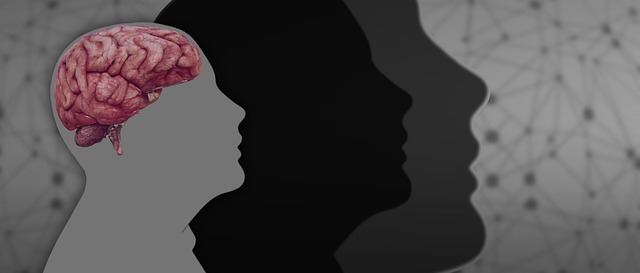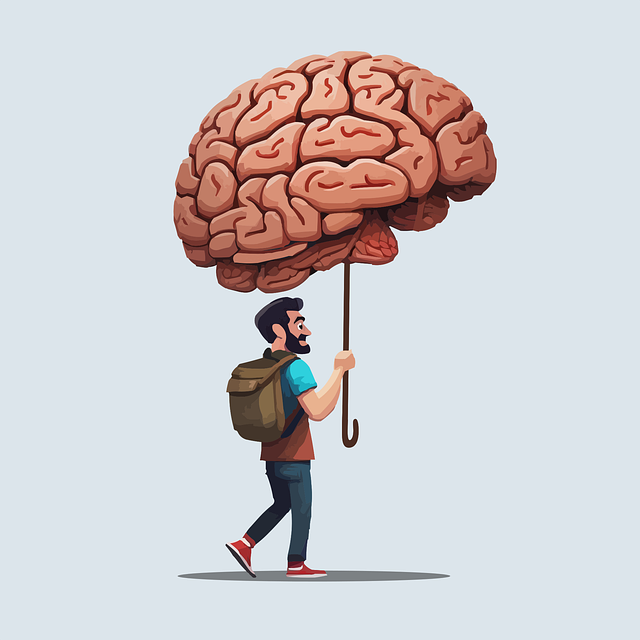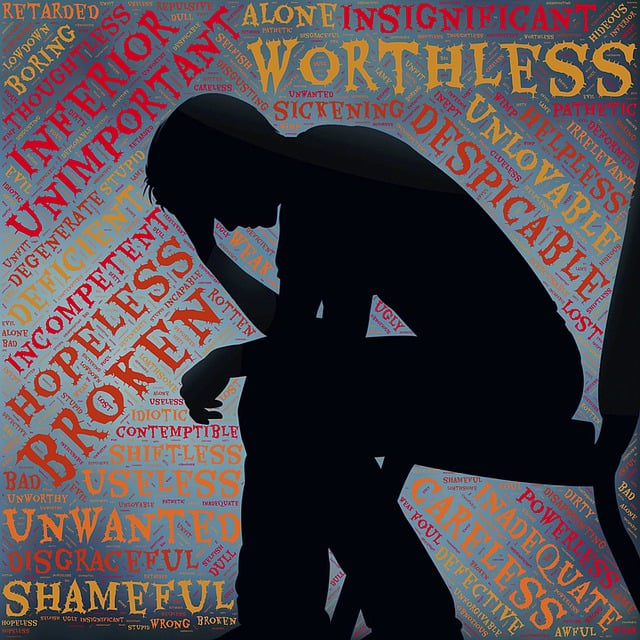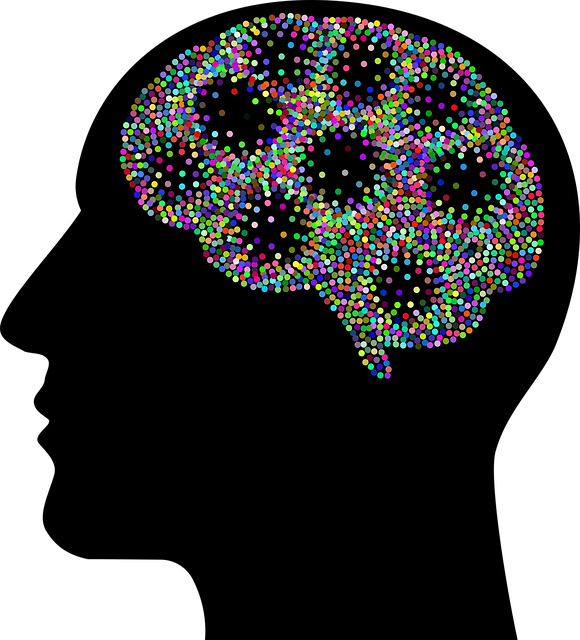In Boulder, mental illness stigma poses a significant barrier to individuals seeking help, impacting their quality of life and access to resources. Independent medical evaluations (Boulder Independent Medical Evaluations therapy) play a crucial role in reducing this stigma by promoting cultural sensitivity, encouraging emotional regulation, and fostering compassion. These safe spaces challenge societal norms, normalize conversations around mental health, and reduce fear of judgment. Collaborative efforts including mental health awareness training for professionals and specialized therapy services contribute to broader stigma reduction, leading to improved patient outcomes and overall well-being.
Mental illness stigma remains a significant barrier to treatment, affecting millions worldwide. This article delves into strategies aimed at reducing this pervasive issue. We explore the profound impact of stigma on individuals and society, highlighting its negative influence on help-seeking behaviors.
Effective stigma reduction in healthcare settings is discussed, focusing on evidence-based practices. Additionally, we examine the unique role of Boulder Independent Medical Evaluations and Therapy in challenging societal perceptions, offering specialized support for those navigating mental health challenges.
- Understanding Mental Illness Stigma and Its Impact
- Strategies for Effective Stigma Reduction in Healthcare Settings
- The Role of Boulder Independent Medical Evaluations and Therapy in Challenging Stigma
Understanding Mental Illness Stigma and Its Impact

Stigma surrounding mental illness is a significant barrier to individuals seeking help and receiving adequate care. It often manifests as negative attitudes, beliefs, and stereotypes about people with mental health conditions, leading to discrimination and social exclusion. This stigma can have profound effects on an individual’s quality of life, hindering their ability to maintain relationships, perform well at work or school, and access essential resources like therapy and medical evaluations. In a city like Boulder, where diverse communities coexist, understanding the impact of mental illness stigma is crucial for fostering an inclusive environment.
Boulder Independent Medical Evaluations and Therapy centers play a pivotal role in reducing this stigma by promoting cultural sensitivity in mental healthcare practices. They encourage emotional regulation and compassion cultivation among their clients, helping individuals develop coping mechanisms to manage their mental health effectively. By providing a safe space free from judgment, these centers enable people to openly discuss their experiences, thereby challenging societal norms and preconceived notions about mental illness. This shift towards acceptance and understanding is essential in breaking down the walls of stigma, ensuring that everyone who needs support can access it without fear or embarrassment.
Strategies for Effective Stigma Reduction in Healthcare Settings

Reducing stigma in healthcare settings is a multifaceted approach that requires collective effort. One effective strategy involves integrating mental health awareness training for medical professionals. This equips them with the knowledge and empathy needed to address patient concerns without judgment, fostering an environment of trust. Incorporating techniques like active listening and non-judgmental communication can significantly impact how patients perceive their care, encouraging open dialogue about their emotional regulation challenges.
Moreover, providing specialized therapy services, such as those offered by Boulder Independent Medical Evaluations, plays a crucial role in stigma reduction. These evaluations offer unbiased assessments, helping individuals understand their symptoms and treatment options without the fear of social repercussions. By normalizing conversations around mental health and emotional regulation, healthcare settings can contribute to broader mental illness stigma reduction efforts, ultimately improving patient outcomes and overall well-being.
The Role of Boulder Independent Medical Evaluations and Therapy in Challenging Stigma

Boulder Independent Medical Evaluations (BIME) and Therapy play a pivotal role in challenging mental illness stigma by providing objective assessments and evidence-based treatments. These independent evaluations offer an unbiased perspective on individuals’ mental health, counteracting the subjective nature of self-reported symptoms. This is particularly crucial for accurate diagnosis and effective treatment planning, ensuring that support aligns with genuine needs.
Moreover, BIME therapy combines clinical expertise with compassionate communication strategies. Healthcare providers are trained in cultural competency, enhancing their ability to understand and address diverse perspectives on mental health. Effective communication fosters trust, reduces misconceptions, and encourages open dialogue—essential elements in stigma reduction. Integrating risk management planning for mental health professionals further strengthens these efforts by equipping them with tools to navigate complex cases while maintaining ethical standards and patient well-being.
Mental illness stigma, a significant barrier to treatment, can be effectively challenged through comprehensive strategies. By implementing evidence-based practices in healthcare settings and utilizing specialized services like Boulder Independent Medical Evaluations and Therapy, we can foster a more inclusive environment. These efforts not only support individuals seeking help but also promote overall community well-being. Embracing understanding and compassion is key to breaking down the walls of stigma, ensuring those facing mental health challenges receive the care and respect they deserve.


